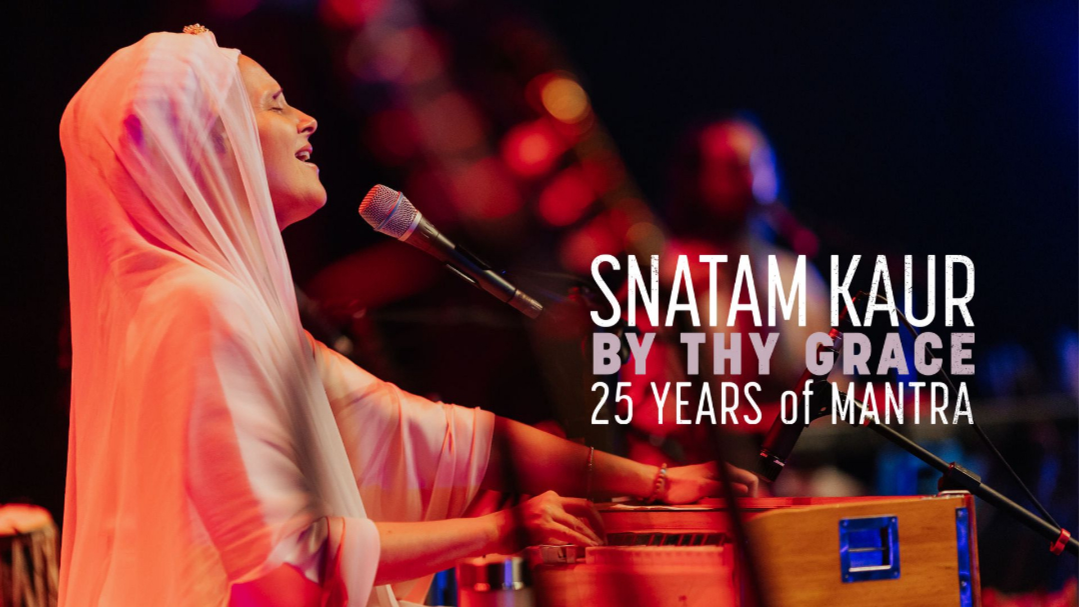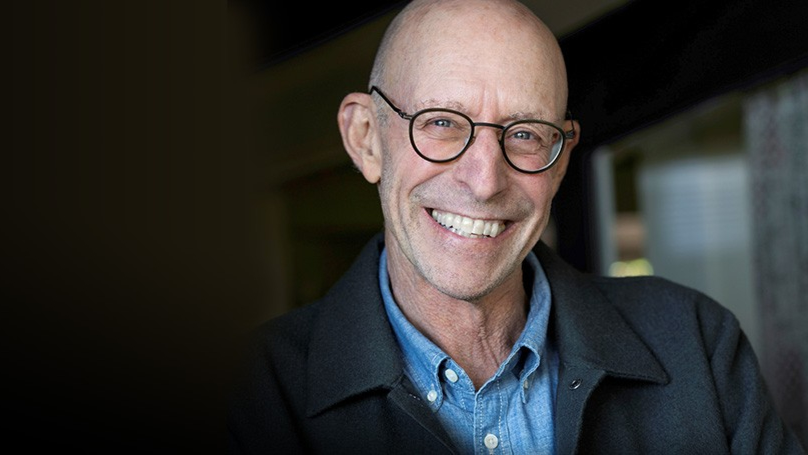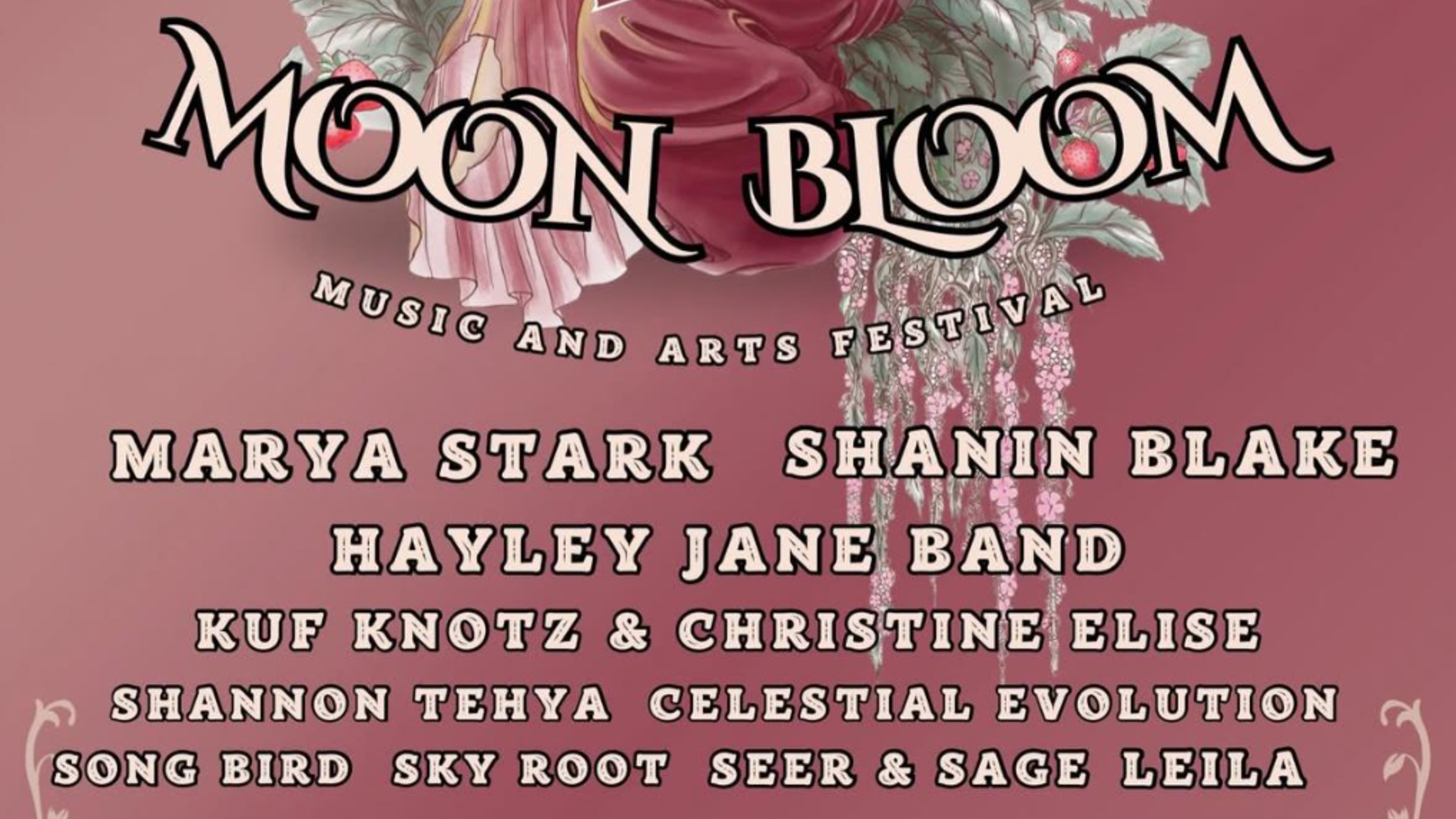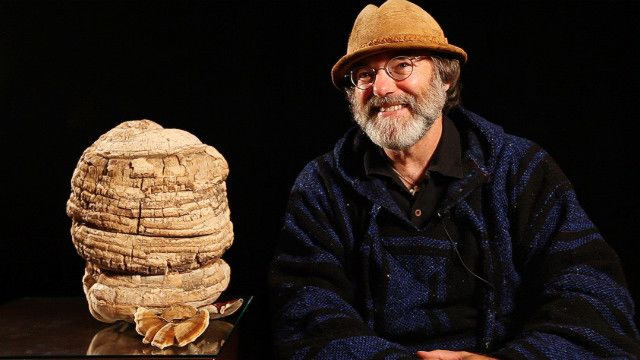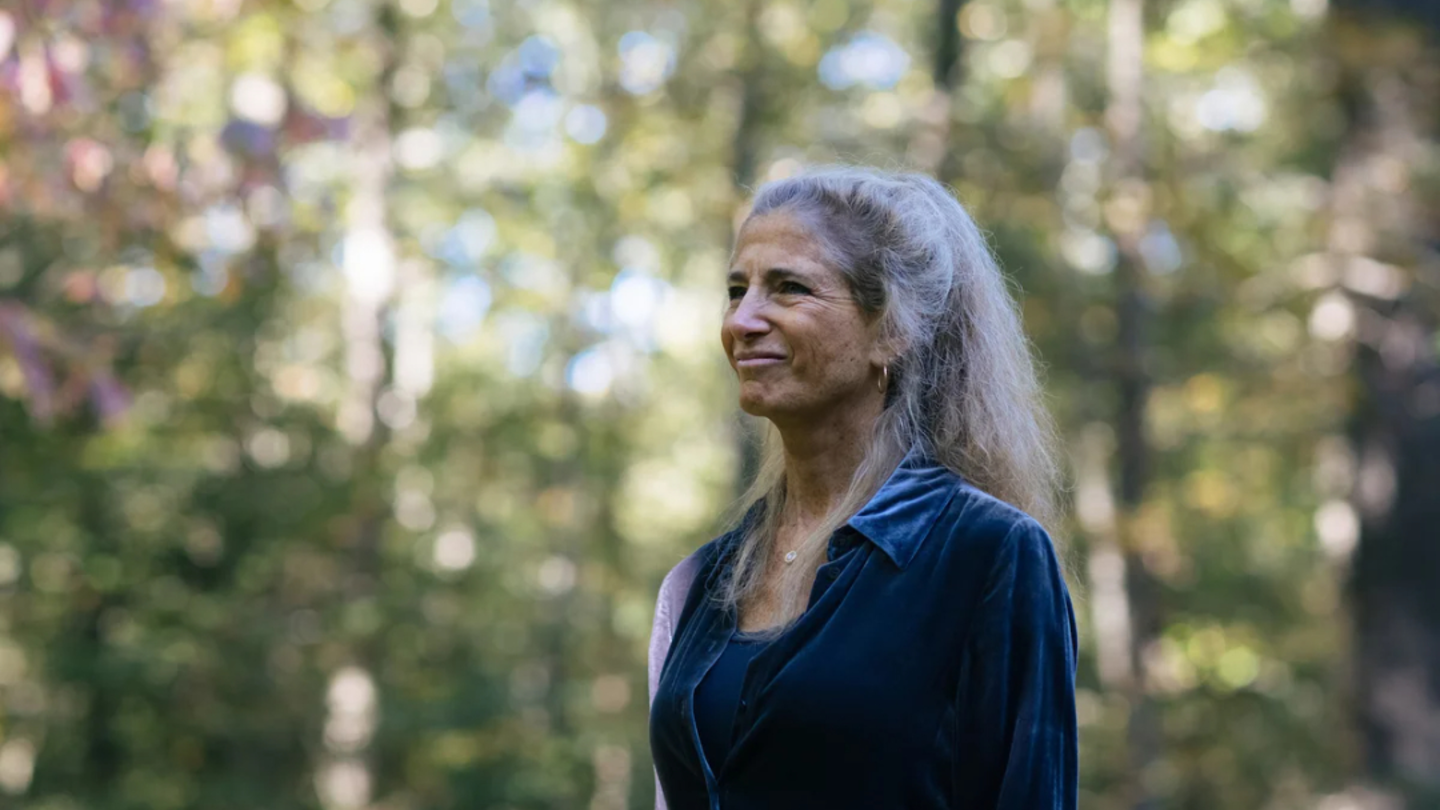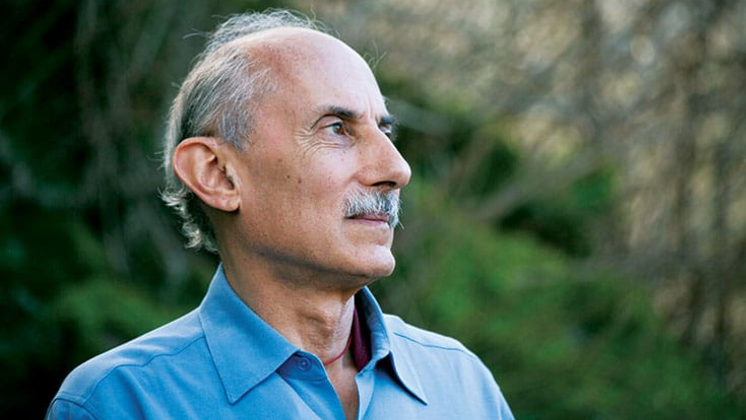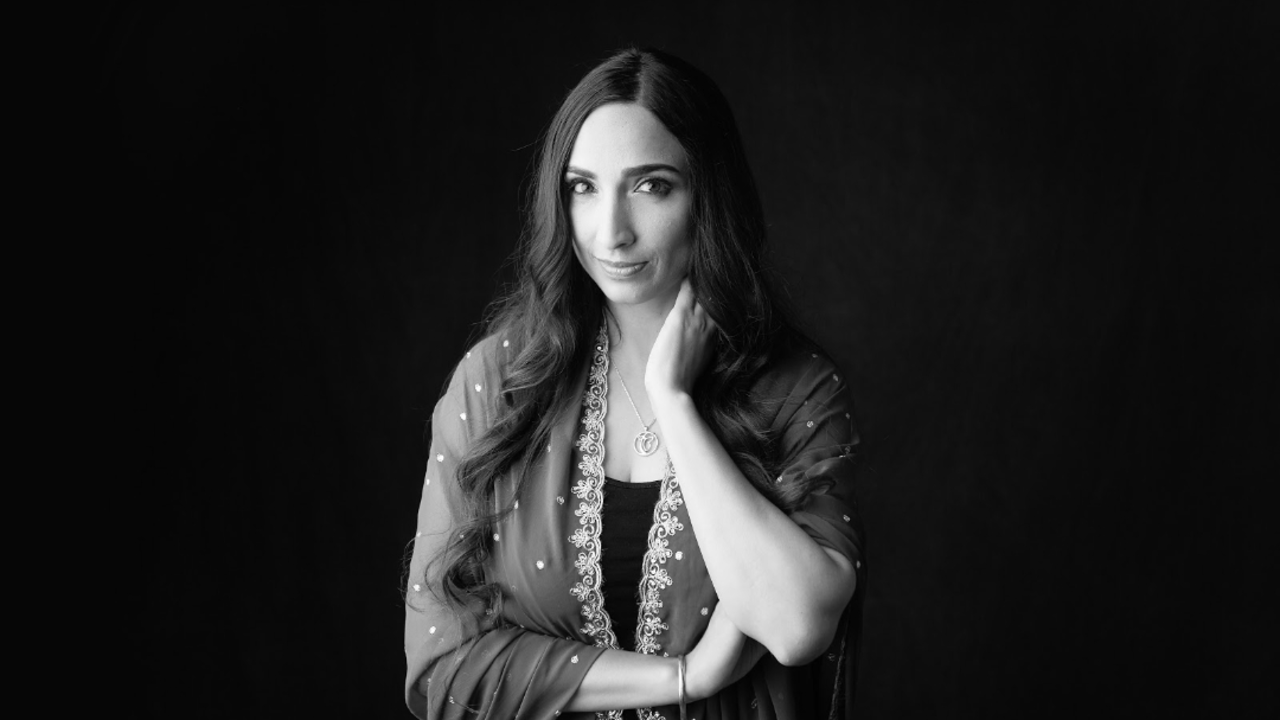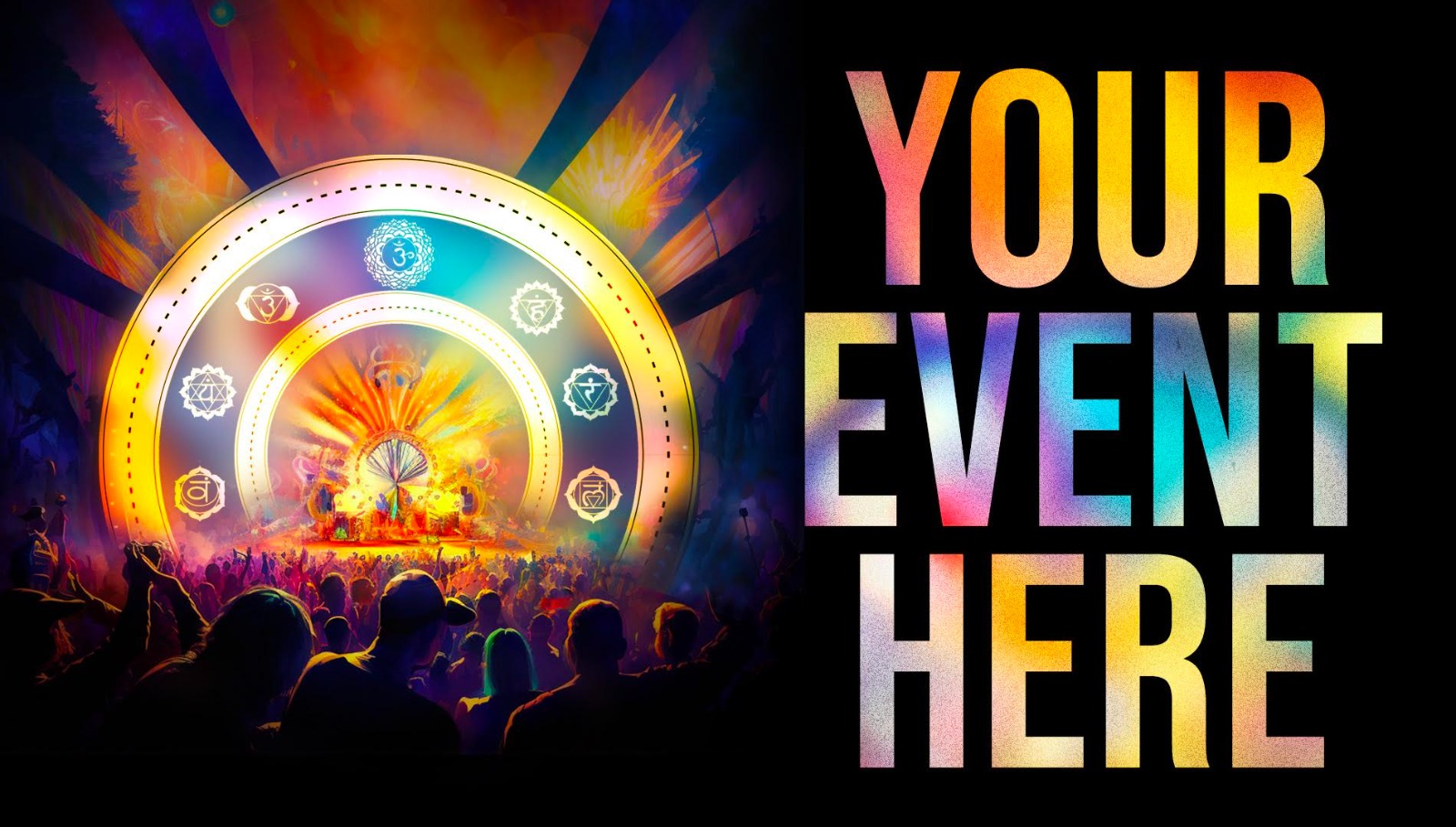
Embracing Reality with Compassion, Discernment, and Loving Awareness
In the 1960s and 1970s, a spiritual revolution took root, sparked by figures like Ram Dass, whose journey to India and work in the West bridged the gap between Eastern wisdom and the Western search for truth. For many, it was a time of profound hope—the belief that we could transcend the material world and discover higher consciousness. The promise of devotion to a guru, of surrendering ourselves in exchange for spiritual enlightenment, was central to the movement. For my parents' generation, this idealism felt like a pathway to liberation.
But as time has passed, it’s become clear: while the spiritual experiences of the past were real and deeply transformative, the systems that supported them were not sustainable. The spiritual ideals that guided that movement have left us in a space of reflection—reflecting on how we move forward without falling into the same traps. Where do we go from here?
The Promise and Reality of Spiritual Idealism
For many, the promise of spiritual transcendence through devotion to a guru or submission to spiritual authority seemed like the highest form of spiritual practice. Ram Dass’ work helped countless seekers access profound experiences of self-awareness and connection to the divine. He helped demystify Eastern practices, offering us a glimpse into the mystical and transformative power of Eastern spirituality.
But while these experiences were transformative, the framework around them—the guru-disciple relationship—also created power imbalances. Over time, the reliance on external authority began to limit personal sovereignty. The model of unquestioning surrender that worked for many for a time became unsustainable, leading to dependency rather than empowerment.
The realization that we cannot find spiritual truth through external submission, but through self-discovery, is the journey for the next generation of seekers.
Whistleblowers: Acknowledging the Work of Dismantling
Figures like Matthew Remski have been pivotal in helping expose and dismantle the toxic power dynamics within spiritual communities. His work, along with that of others, is incredibly important—it is necessary to uncover the truth about how unquestioned authority has been used to control and manipulate spiritual seekers.
However, as much as dismantling the past is vital, we must remember that simply tearing down the old without building something new will leave us with a void—like a bunch of car parts laying on the ground. We cannot simply deconstruct without also creating the vehicle to move us forward. We need a spiritual framework that empowers seekers while respecting their individual sovereignty, honoring the wisdom of the past, and shifting away from hierarchical control.
The whistleblower movement is crucial in helping us question and rebuild. However, we must be mindful that it’s not just about dismantling what’s broken—it’s about rebuilding something authentic, something that serves the true spiritual needs of the present and future.
The Path Forward: Embracing Discernment and Empowerment
The time has come for a new path—one that is rooted in discernment and empowerment, not external control or blind submission. Mature discernment is key to understanding that true spiritual growth isn’t about submitting to authority; it’s about owning our spiritual journey and trusting the wisdom within.
The next generation of seekers isn’t looking for another external authority to follow—they’re looking for authenticity, empowerment, and tools that will help them discover their own inner truth. We must empower seekers to trust themselves, to find clarity from within, and to walk their spiritual paths with discernment and love.
BrightStar: Creating Space for Empowerment and Authentic Leadership
At BrightStar, we are committed to creating a platform that supports the empowerment of spiritual seekers. Teachers are there to guide, not control, and seekers are empowered to discern and discover their own path. We are not about creating followers—we are about creating space for self-discovery and mutual respect.
Rather than replicating the guru-disciple model, we provide a platform where both teachers and seekers can engage in a dialogue of wisdom—a space where shared leadership fosters growth and personal sovereignty. This isn’t about replacing one form of spiritual leadership with another; it’s about creating a new way forward—one that is rooted in mutual empowerment, shared wisdom, and authenticity.
Conclusion: The Spiritual Path Ahead
The journey ahead requires us to take off the rose-colored glasses—to see the truth clearly, without the filters of idealism or external control. The truth of the spiritual path is not found in blind submission but in inner discovery, self-realization, and empowerment.
As a community of conscious event creators, we have the opportunity to offer a spiritual framework that is grounded in authenticity, empowerment, and discernment. We must be mindful as we continue to serve the next generation of seekers, ensuring that we provide them with the tools and resources they need to navigate their own path while avoiding the pitfalls of the past.
At BrightStar, we are here to serve this vision—to help seekers and teachers connect through shared wisdom while fostering a space where authentic growth can occur. We honor the past, but we are committed to creating a path forward that empowers individuals to walk their own journey to truth, guided by the wisdom within.
